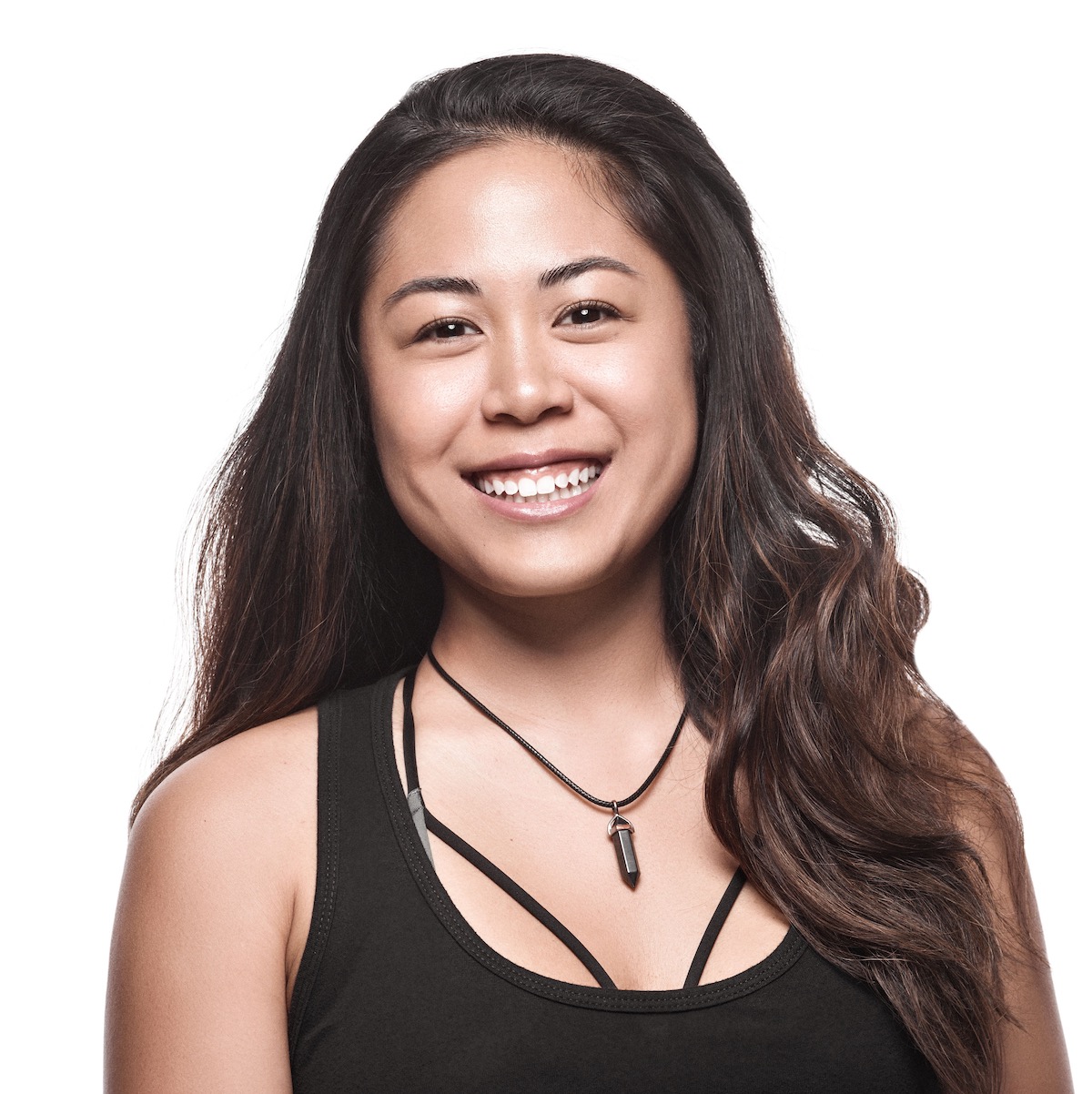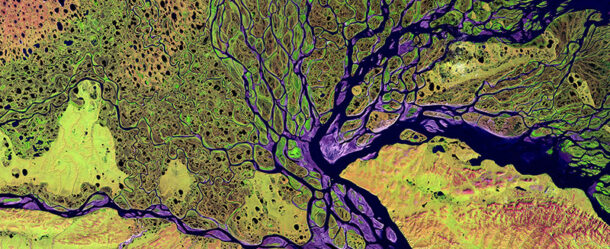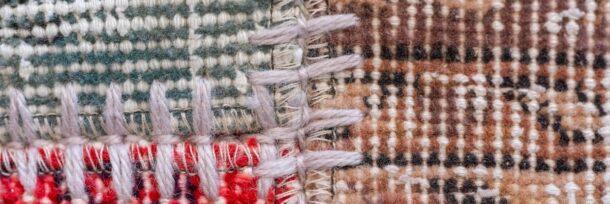|
We are honored to spotlight long-time Advisor and current Board Member, Laura Nohealani Emiko Toyofuku-Aki. Laura has been with ICAAD from the early days and has been instrumental in helping the organization grow over the years.
Where are you based? I’m currently based out of Honolulu, Hawai’i on the island of O’ahu. By way of a few different places, I was raised in a military family in Southern California. Both of my parents are from O’ahu. I went to college in Boston, so I was there for quite a few years. After that, I lived in New York City for 10 years which is where I connected with ICAAD. |

How did you get connected with ICAAD?
At the time, I was working in sales at Victoria’s Secret. I had studied international relations in college, and my intention was actually to go into diplomacy. When I met diplomats I realized pretty quickly that’s not what I wanted to be doing, and I think, for me, it was that I didn’t want to be operating on an administrative or oversight. I wanted to really make connections with people.
I worked at the AIDS Action Committee in Boston on their development team during my last year of college. I really fell in love with the impact we were having, but I graduated college and quickly realized, I was gonna have to pay for those student loans. So I went into sales and was really proficient in it by the time I was wrapping up 12 years later, but along that journey I felt this lack of purpose and lack of connection.
I started looking for nonprofits that aligned with my values and worked with an international scope. I actually randomly found ICAAD on a volunteer website. I met the team and was just blown away by the work. The approach was so unique and something I had never seen before. I jumped on board helping with the development side.
The beautiful thing about ICAAD is that even as we’ve grown over the past 10 years, we are all still constantly prioritizing our relationships with one another and keeping that communal spirit. I think that can get lost in nonprofits as you grow, but ICAAD has never lost that grassroots energy.
How do you fill your days?
I teach yoga and meditation full-time. I’m a trauma-informed teacher, and I focus on providing wellness and healing modalities to marginalized communities. Here in Hawai’i, we work with Native Hawaiians, LGBTQ+, and houseless people. Some of the biggest issues facing marginalized communities here are houselessness and being priced out of markets. We have quite a few Native communities who are houseless and creating pocket communities on beaches. We are trying to provide wellness for those folks who might be experiencing trauma from being displaced from their land, land that their families had been on for generations. We also work with people with intergenerational trauma.
What draws me to this work is the resiliency of these young people and adults. In spite of the trauma and circumstances of their lives, there’s still an orientation towards hope. They still have a lens of beauty, and I do think it helps being on this land and being of this land. It helps to inspire resiliency, to understand cycles and patterns, to connect to ancestry, and to contemplate what type of ancestor we are becoming.
We provide yoga and meditation including all eight limbs of yoga rather than just asana. I’m so happy filling my days counting with people and practicing these tools and resources, and we just started a business.
Tell us about your business.
When I got to Hawai’i, a lot of spaces weren’t offering programming that was yoga and meditation based, which was unusual coming from New York. In New York, almost every space saw the benefit of these healing modalities, not necessarily from a spiritual standpoint but just from somatics and how to process and metabolize trauma.
When I got here, I started reaching out to organizations that worked with marginalized communities, and people were very resistant to the idea. After talking with some of the young people here, I began to understand why. The beauty of young people is they are going to tell you exactly how it is. They shared that they did not feel welcome in those spaces. Yoga space were associated with being elite, white, and thin.
Last year, my partner and I officially started a business, Project Koa Yoga, focused on partnering in marginalized communities. In our practice, we show up in a way that is respectful to Hawaiian culture, recognition of the land, and the trauma the land holds. I think where it aligns with ICAAD is we’re all about working with the partners who are already in place. We’re not trying to create new spaces or take spaces from anyone we’re just trying to partner and offer our services to these people who are already doing great work and already out there.
It sounds like relationship and community building is a key thread in your work. What other values motivate your advocacy efforts?
I’m a firm believer in community and that everything happens in an ecosystem. With the work I do, I would say my belief is that ultimately everyone wants to be loved, and everyone wants to be heard and seen. I think that only happens in community, so showing up into spaces and being present and whole is important for me.
The big question is how do we do that in colonized and capitalistic spaces. A big part of that is caring for ourselves too. When we are full, we can show up in our communities in really present and impactful ways.
The biggest part of my journey is trying to show up and be present trying to operate within community but also recognizing that we need to care for ourselves as individuals in order to show up in Community.
In Hawai’i, there are two values that I live and operate by. One is aloha. Aloha literally translates to “sharing our breath.” Here, breath also means your spirit or your mana. It’s more than love if you’re really sharing your soul with somebody. That ties into community and being present. The other value is pono which translates to righteousness in English. Righteousness is such a big word, but pono, to me, means doing the right thing especially when no one is looking. That can be tricky for a lot of reasons, whether it’s shame, fear, or lack of accountability. It can be easy to try and avoid responsibility for things, so I try to show up as pono as I can. (I’m a work in progress.)
What lesson would you like to share with other human rights advocates?
The biggest thing I will share is that ICAAD is amazing, and people should really look at the work that we’re doing. I know that our approach to human rights can feel overwhelming and complex, but if we have uncovered anything in the last ten years, it’s that systems, regardless of the intention behind them, can rally impact everyone’s lives. I think ICAAD’s systems approach is really helpful to unlocking why human rights violations persist in a world that wants to be better.
There is so much value in the work ICAAD is doing, and I still don’t think anyone is really looking at human rights through this lens. Putting band-aids everywhere has not fixed anything. ICAAD’s work really unravels the systems that are working exactly how they were designed to work. In the last few years, people are starting to recognize and see that.
Anything else you’d like to add?
The only thing I would add is that if you already follow us, please share it with others. I do believe there’s a lot of power in just one person sharing it with a few more. If you already know what we do, definitely pass it along.


